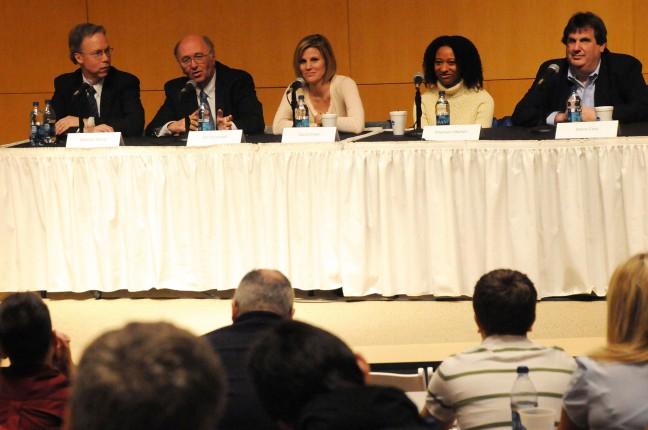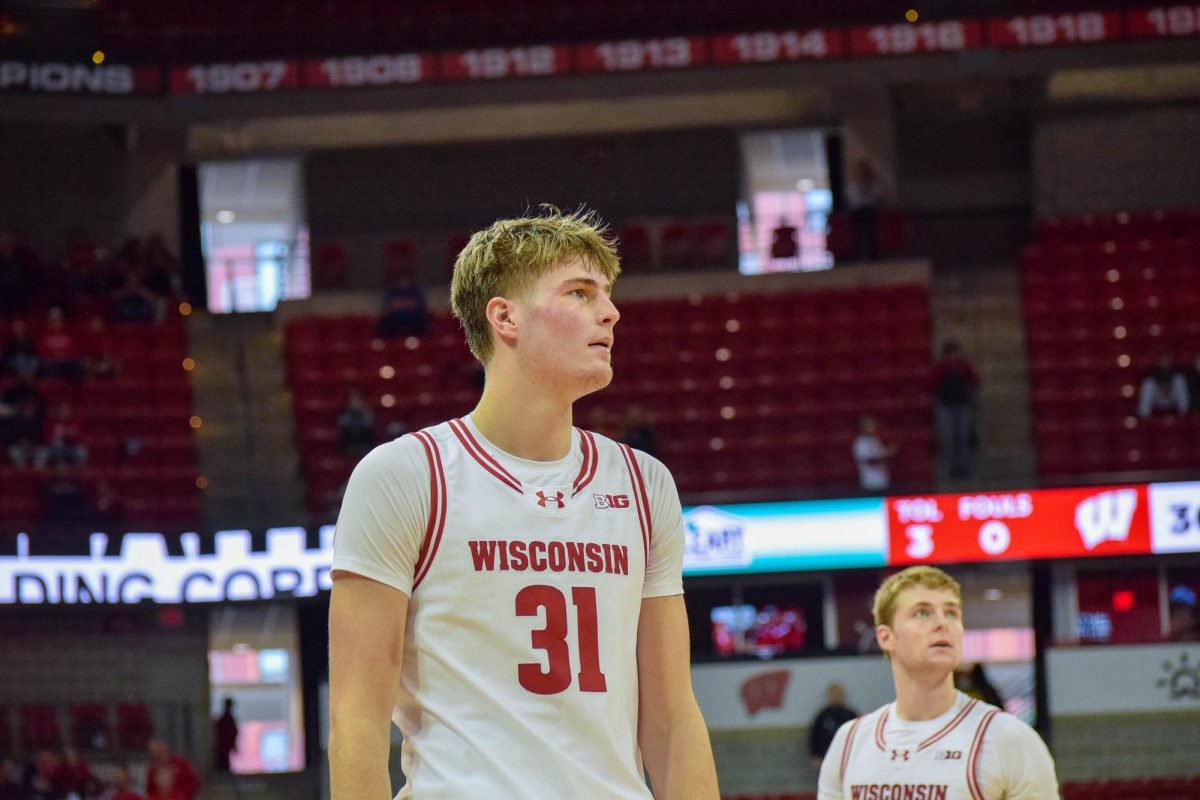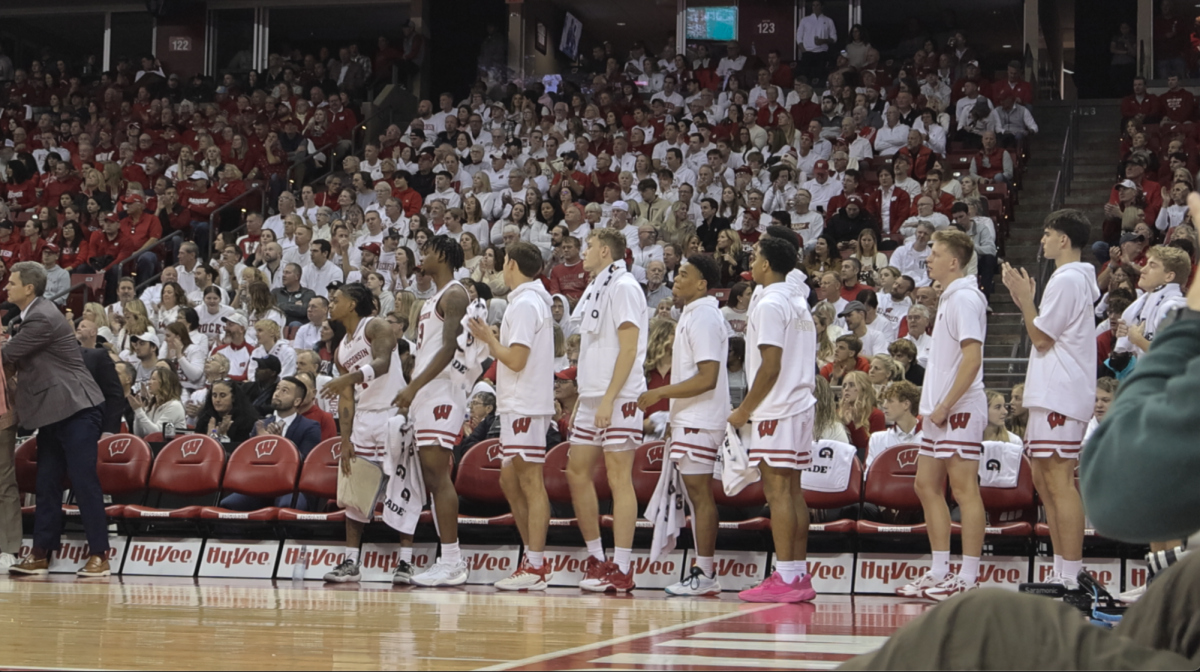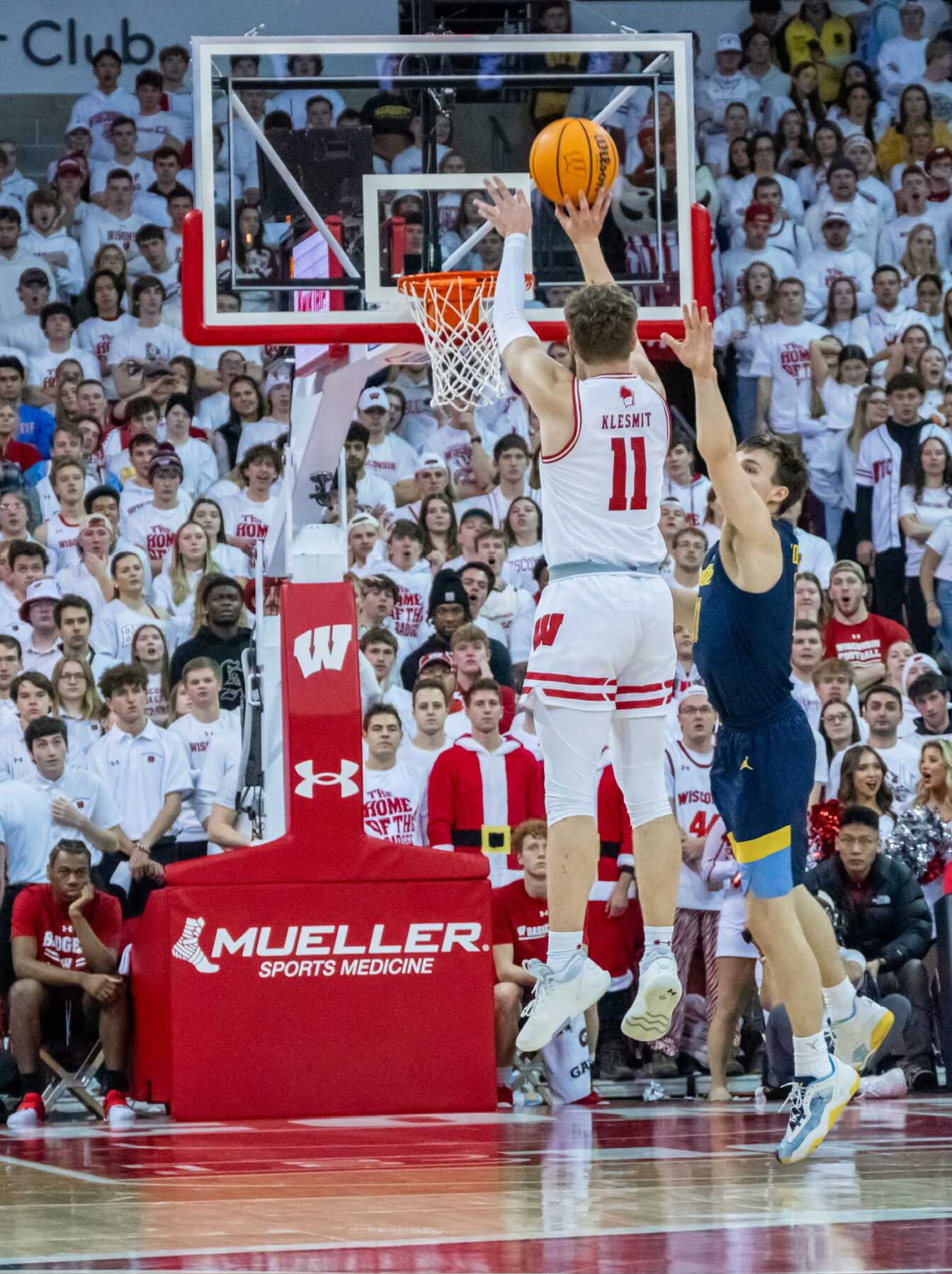INDIANAPOLIS — While players prepared for Saturday’s Final Four, college and high school students participated in the U.S. Basketball Writers Association Sports Writing Seminar at the NCAA Headquarters on Thursday.
Malcolm Moran, former USA Today and New York Times sports writer and now Knight Chair in Sports Journalism and Society at Penn State University, moderated the panel, which included ESPN.com columnist Dana O’Neil, Detroit Free Press beat writer Shannon Shelton (covering Michigan State this weekend), former USBWA president Jim O’Connell and current USBWA president Steve Carp.
The five writers spoke from personal experience when giving advice to the students.
O’Connell talked about his personal experiences with former UCLA and recently hired St. John’s head coach Steve Lavin, with whom he developed a personal bond about the mafia.
Carp said it was also important to talk to the players as people, not just sources.
“Let them know that you’re not only using them for a story,” he said.
O’Neil said to go to practice every chance possible and to introduce yourself before every press conference.
“Don’t be one of the mob,” she said.
The group also discussed some of the dangers social media networks have brought not only student-athletes and coaches, but writers.
“I think it’s really dangerous to use Facebook or Twitter as your source without talking to a head coach,” O’Neil said.
When a student asked what to do if they found incriminating evidence from Facebook, O’Neil said to always talk to the coach or athletic director first to let them know what was going on and ask how they would deal with the information.
She also said that not all information from Facebook or Twitter is automatically news.
“You have to follow it through and responsively report it,” she said. “We’re hired to be reporters, not regurgitators of information.”
She used an example of Kansas player Tyshawn Taylor posting somewhat-offensive rap lyrics on his Facebook after the Kansas basketball and football players got into a fight.
“Social networking is like a gun, like a weapon,” Carp said. “It can be useful or harmful.”
While social networking was a hot topic, some students were interested in the differences between online and print journalism.
O’Neil, the only main online reporter at the panel, said she enjoyed the looser deadlines and longer word-counts. Even though most print reporters write both for the Web and the newspaper, she said they need to find a way to keep the story fresh hours after the game is over.
“The shelf life of a game story is very short,” she said. “You have to find a way to make it longer.”
One way of doing that is adding a feature element to it. O’Neil used a recent example of writing about Duke player Nolan Smith, whose father played in the Final Four for Louisville 30 years ago.
Because of her longer deadlines, she could use a different angle than any of the other writers there.
The panelists ended with simple advice to the aspiring reporters: work hard, be prepared and love what you do.
“That passion will carry you in the end,” Carp said.
A team of Indiana University journalists is reporting for the Final Four Student News Bureau, a project between IU’s National Sports Journalism Center and the NCAA at the men’s tournament in Indianapolis.












